These men didn’t follow the crowd—they made their own.

Not every legend made his mark by leading a team or chasing approval. Some chose to step off the path entirely, trusting their instincts and letting the world catch up later. Sigma males don’t just live outside the hierarchy—they redefine it. They aren’t loud, flashy, or desperate to be seen. But when they move, the world notices.
1. Keanu Reeves built a career by avoiding the spotlight.

Keanu Reeves has become the poster child for humility in Hollywood, according to Kendra Beltran at Yard Barker. He rarely gives interviews, keeps his personal life quiet, and avoids celebrity drama like the plague. Yet his performances speak volumes. Reeves has never seemed interested in dominating the red carpet or commanding attention—he simply shows up, does the work, and disappears again. That low-key confidence has made him a cult favorite. His reputation for kindness and stoic calm only strengthens the sigma mystique. While other stars compete for clout, Reeves reminds us you can be influential without being loud. In an industry built on ego, his quiet strength sets him apart.
2. Steve Jobs shaped culture without craving social validation.
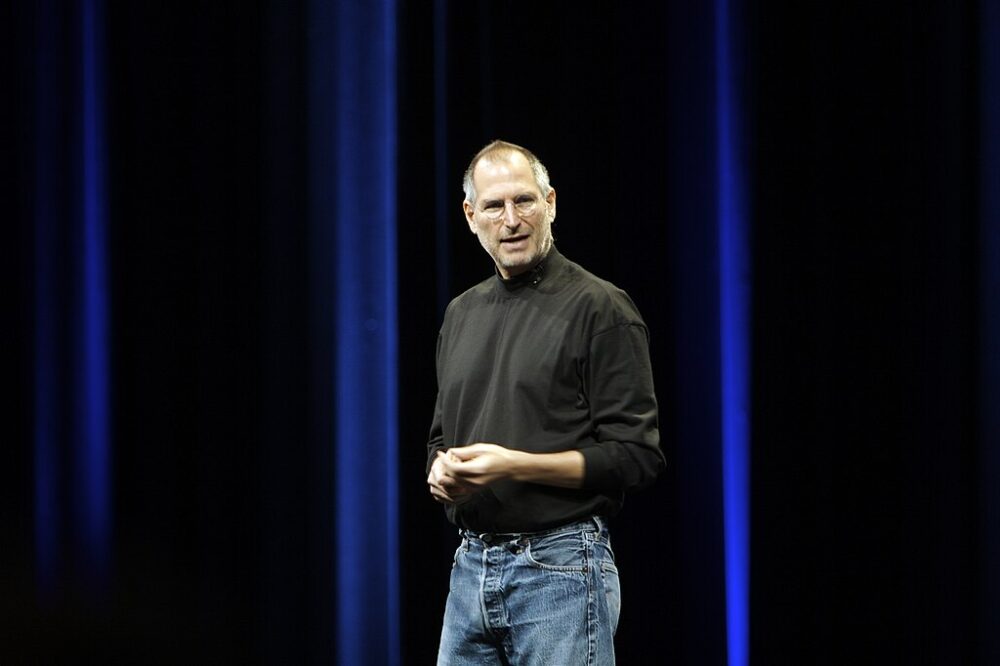
Steve Jobs didn’t care if people liked him—he cared if they understood his vision, as reported by Walter Isaacson at Harvard Business Review. He could be abrasive, obsessive, and impossible to please, but his refusal to compromise helped birth some of the most iconic tech ever made. Jobs wasn’t trying to rise through the corporate ranks or fit in with Silicon Valley’s social elite. He was carving out a future only he could see. That detachment from social hierarchy is classic sigma energy. He operated on his own terms, and his focus wasn’t on being accepted but on creating something enduring. That single-minded approach made him a rebel and a legend.
3. Anthony Bourdain wandered the world on his own terms.
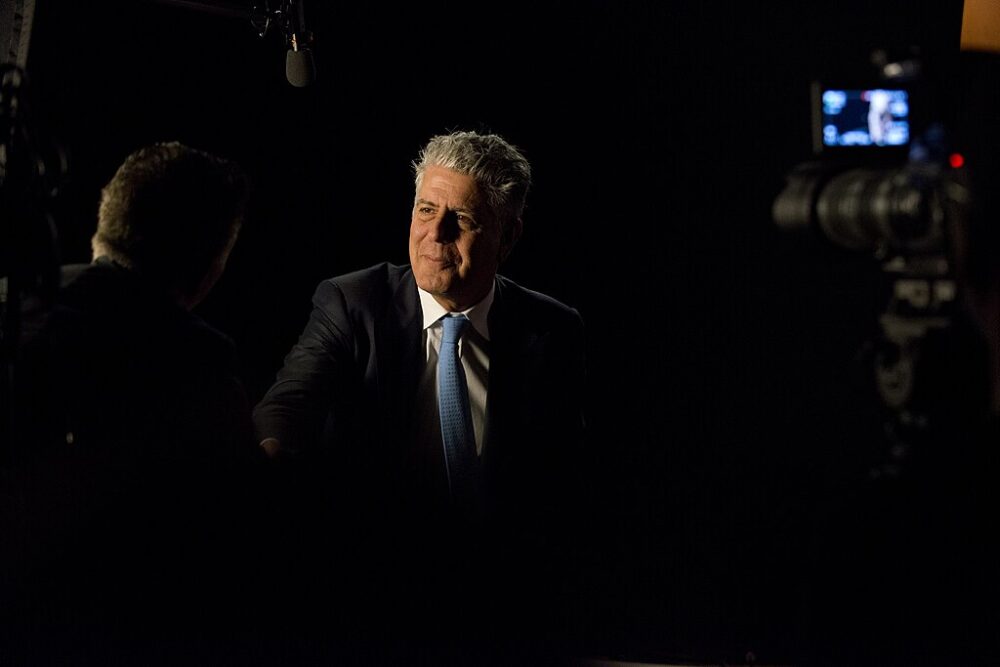
Bourdain didn’t follow anyone’s blueprint—he made his own map, as stated by Zameena Mejia at CNBC. As a chef-turned-storyteller, he ditched the comfort of the kitchen to explore the grit and raw beauty of cultures around the globe. He wasn’t there to impress or preach. He listened, he learned, and he connected. He often traveled solo, staying curious and candid in every corner of the world. What made him magnetic was his complete lack of pretense. He wasn’t trying to lead or follow—he just showed up as himself. That authenticity, paired with a clear disinterest in playing anyone else’s game, defined him as a true sigma spirit.
4. James Dean became a legend by staying misunderstood.
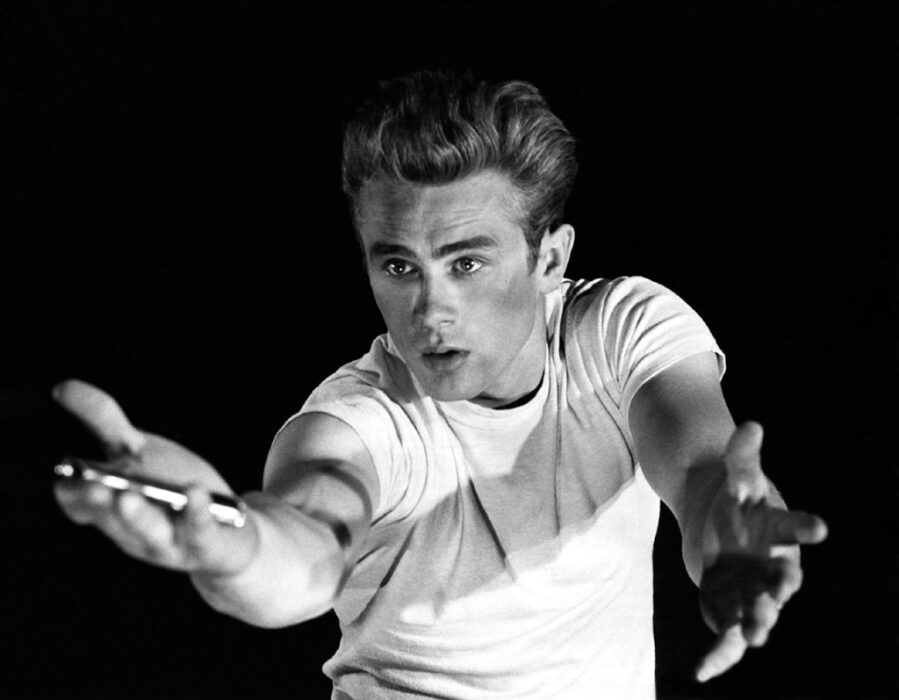
James Dean didn’t live long, but he didn’t have to. In just a few films, he captured a kind of restless solitude that still resonates. He wasn’t out to be a hero or a role model—he simply embodied the quiet rebellion of someone unwilling to conform. Off-screen, he kept mostly to himself, uninterested in fame’s glitz. His mystique came not from how much he revealed, but how much he didn’t. That enigmatic vibe, combined with his raw vulnerability, helped him become a cultural icon. Even decades later, Dean’s ghost still looms as the ultimate cool outsider.
5. Elon Musk rejects tradition in favor of obsession.

Love him or hate him, Elon Musk doesn’t fit into any neat box. He’s not charismatic in a polished way and often says what others won’t. But that’s part of the sigma appeal—he doesn’t need to be liked to move forward. Musk dives deep into his passions, blocks out noise, and makes decisions most CEOs would never risk. He’s not a people-pleaser. He operates in a world of his own design. His detachment from typical leadership styles and social graces is part of what fuels his cult following and controversy alike.
6. Prince kept his distance and built mystery into his brand.
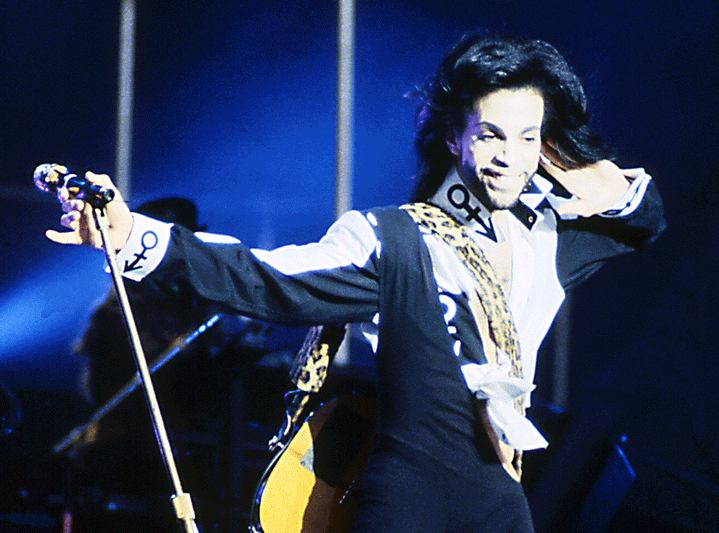
Prince wasn’t just a musician—he was an enigma. He fiercely guarded his personal life, often gave cryptic interviews, and had zero interest in being understood. That mystique only amplified his appeal. He didn’t need a bandwagon to ride; he was the movement. Prince wrote, produced, and played almost every instrument on his tracks, choosing creative control over outside validation. His self-containment and refusal to conform to labels—musical or otherwise—cemented his place as a sigma icon. He made being different not just acceptable, but legendary.
7. Denzel Washington leads by example, not noise.
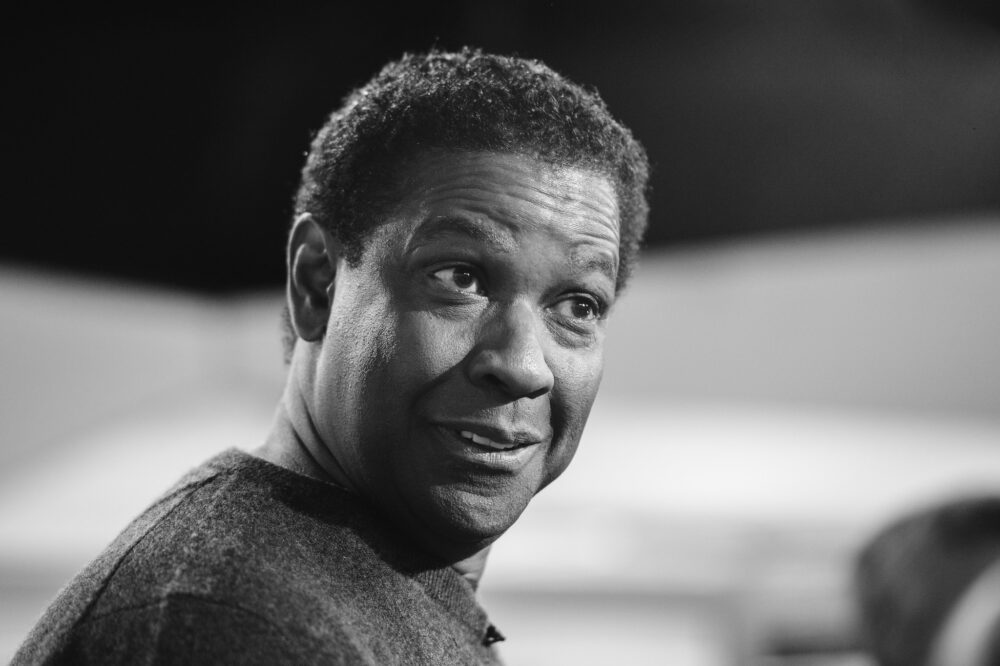
Denzel isn’t flashy, and he’s never been interested in the Hollywood circus. He shows up, delivers excellence, and disappears. He rarely courts controversy or rides trends, and that’s exactly why people respect him so deeply. He maintains an air of mystery while letting his work speak for itself. Washington’s confidence doesn’t come from dominating others—it comes from knowing who he is and never needing to shout it. He’s the definition of presence without posturing, strength without shouting. That kind of quiet command earns attention, not demands it.
8. Clint Eastwood carved out a lane and never looked back.

Eastwood built his brand on grit, silence, and minimal expression. On and off-screen, he’s the embodiment of the lone wolf. As a director, actor, and political figure, he’s never really cared about staying popular or politically correct. He just does what he believes in and lets the chips fall. There’s no grandstanding, no campaign for approval. He keeps his emotions locked up and plays the long game. Eastwood’s refusal to bend to trends or expectations makes him a timeless example of the sigma mindset in motion.
9. David Bowie reinvented without explanation.
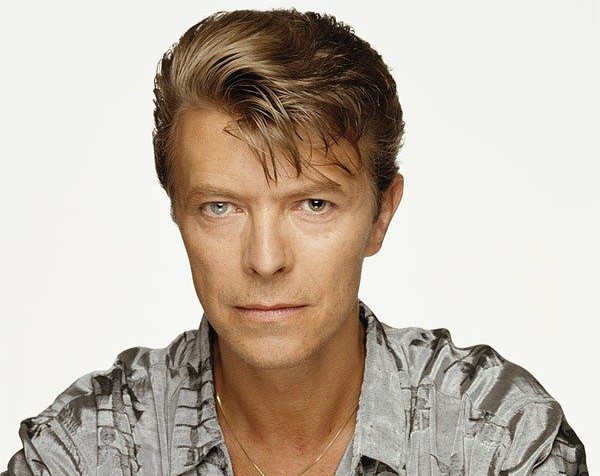
Bowie didn’t wait for permission to evolve—he simply changed when he felt like it. He was never easy to label, and that was the point. He could vanish, reappear, and transform without explanation. That freedom to reinvent without apology made him magnetic. Bowie didn’t cling to approval or worry about staying relevant. He trusted his instincts and followed them into wild, unexpected places. That kind of self-guided evolution, rooted in inner curiosity rather than external applause, was classic sigma behavior.
10. Stanley Kubrick thrived in total creative isolation.
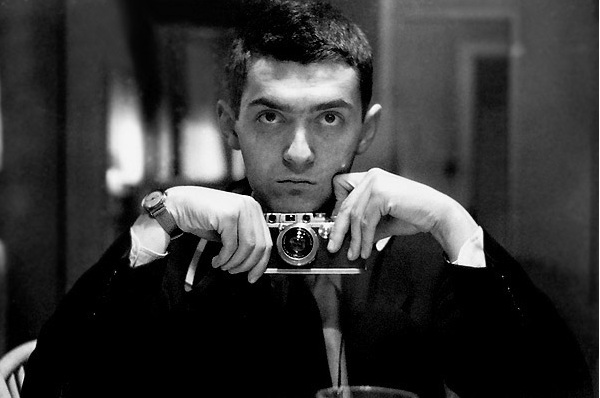
Kubrick didn’t chase fame or fans—he chased perfection. He was notoriously reclusive, obsessive, and uninterested in Hollywood’s social scene. He’d disappear for years, only to reemerge with another mind-bending film. Kubrick wasn’t worried about being understood or praised—he was obsessed with making art on his own terms. His intensity, independence, and distance gave his work an otherworldly precision. In a world of attention seekers, Kubrick made solitude into a power move.
11. Bob Dylan stayed cryptic even at his peak.
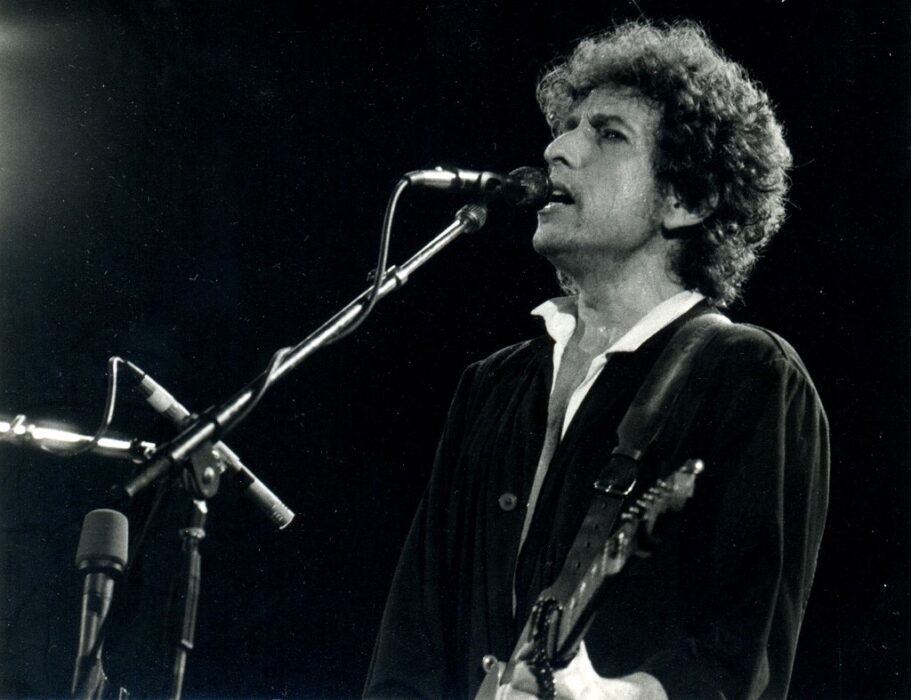
Dylan rose to fame as the voice of a generation, but he didn’t want the job. He dodged labels, shunned expectations, and avoided becoming anyone’s symbol. Interviews with him were famously strange or evasive. He didn’t want to be known—he wanted to create. Even when millions hung on his every word, Dylan pulled back, refusing to be defined by popularity. That rejection of status, and his refusal to explain himself, kept him both relevant and untouchable. A true sigma doesn’t need followers—they just need space to roam.
